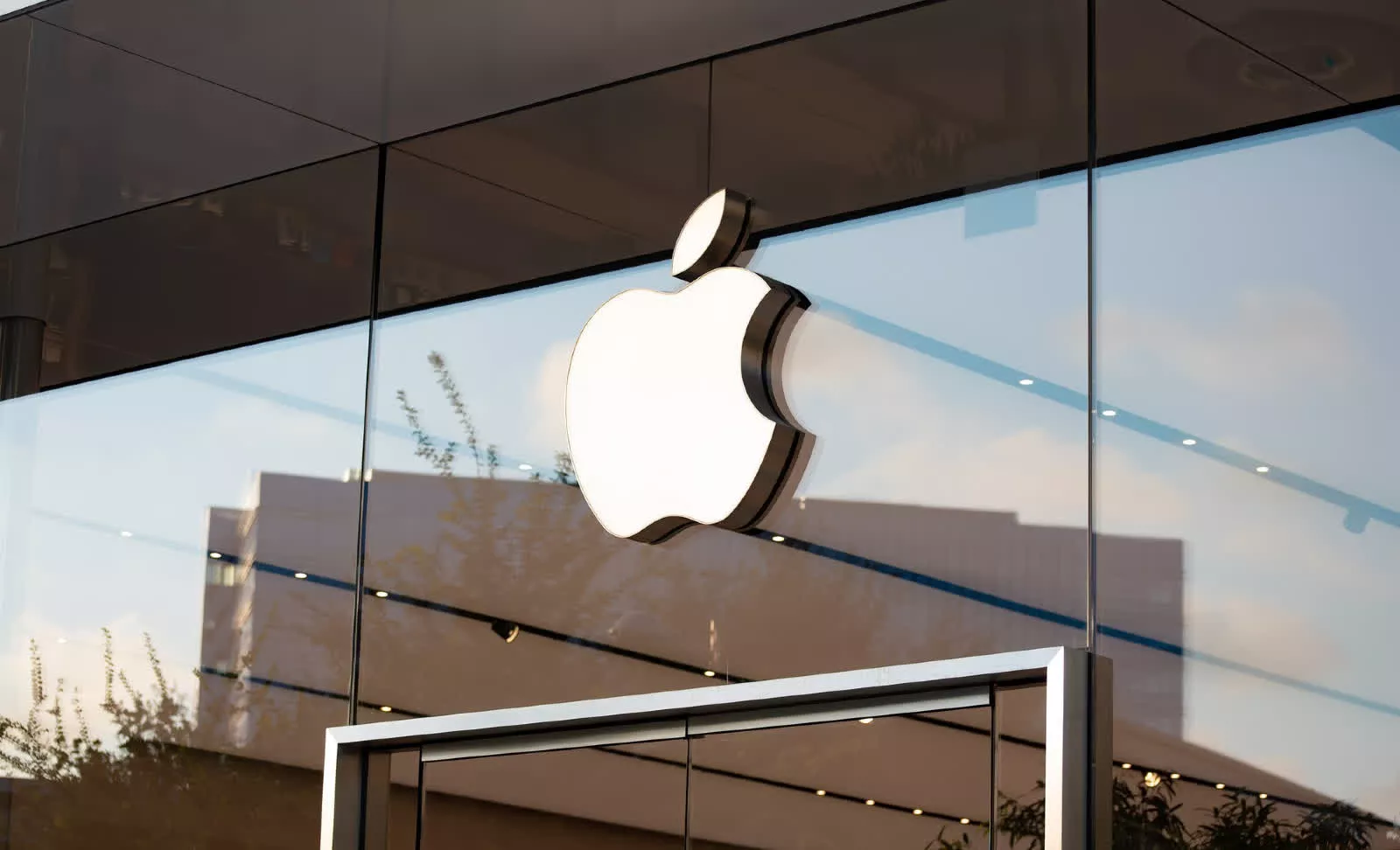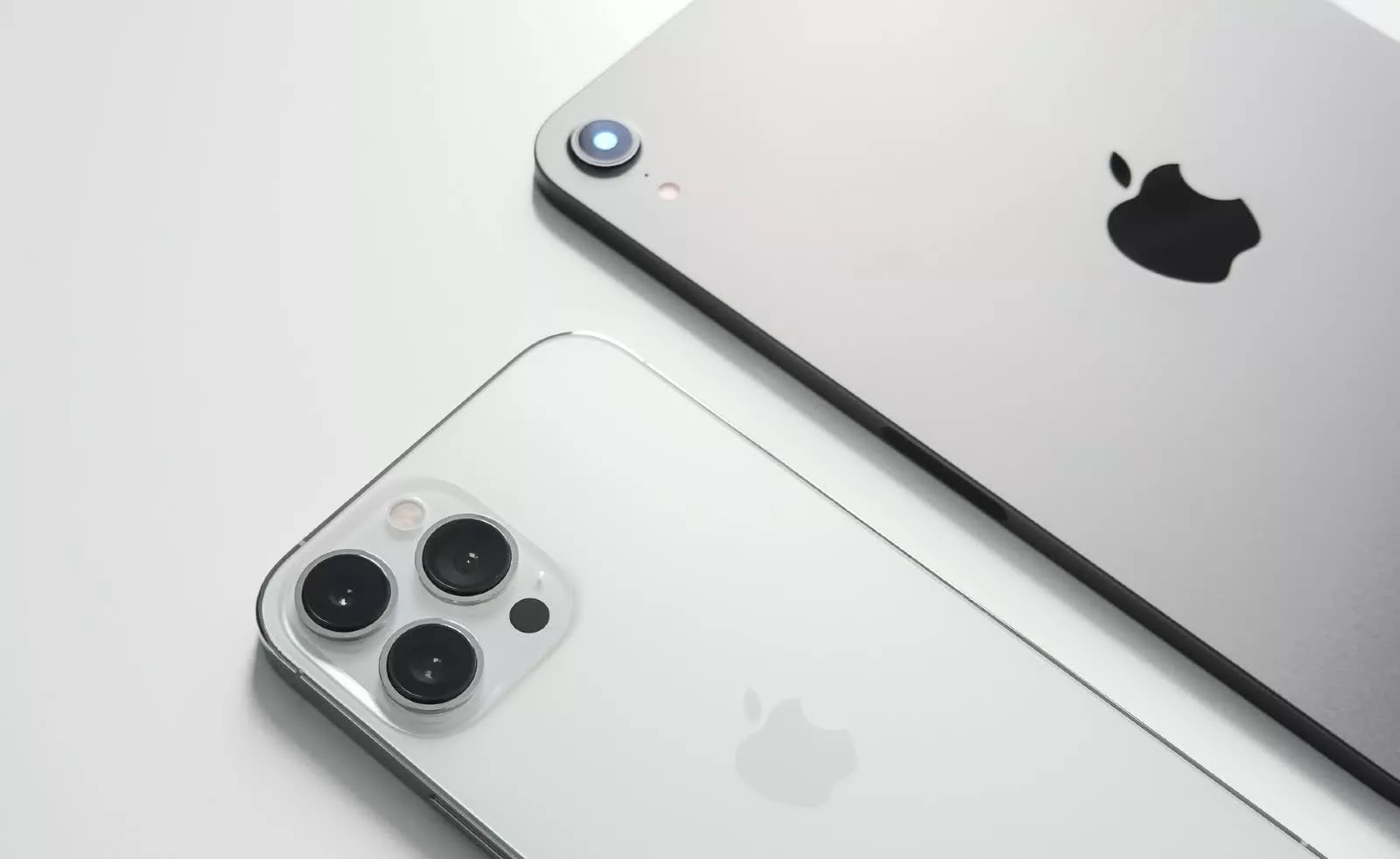In a nutshell: We all know about the disruption the tech industry has endured in the face of the chip shortage and pandemic, but Apple managed to weather the storm and saw a record-breaking holiday quarter that beat analysts’ expectations.

For its first-quarter earnings of 2022, which covers last October to December for Apple, quarterly revenue jumped 11% year-on-year to an all-time high of $123.9 billion, smashing analysts’ average estimate of $118.7 billion. Net income reached $34.63 billion as gross margins increased around 43.8%, while sales in China grew 20%.
It’s especially good news for Apple after CEO Tim Cook said during its previous financial results announcement that supply constraints stemming from the chip shortage had cost the company an estimated $6 billion. There were also reports that Apple had cut its iPhone 13 production target to 80 million units, 10 million fewer than initially planned, a result of Broadcom and Texas Instruments being unable to supply components due to the chip shortage.

Looking at individual segments, iPhone revenue was up to $71.6 billion from $65.6 billion a year earlier, while Mac revenue jumped $2 billion year-on-year to reach a record $10.9 billion. Chief financial officer Luca Maestri said most of the sales came from M1-powered devices, a result of a "record number of upgraders."
Revenue from the services unit, which includes Apple Pay, the App Store, and Apple TV, was up more than 23% to $19.5 billion, while "Wearables, Home and Accessories," the category containing the Apple Watch, AirPods, and HomePod, hit a record $14.7 billion.
"The very strong customer response to our recent launch of new products and services drove double-digit growth in revenue and earnings, and helped set an all-time high for our installed base of active devices," added Maestri, who believes supply constraints will ease at the end of the current quarter (Jan – Mar).
"The level of constraint will depend a lot on other companies, what will be the demand for chips from other companies and other industries. It's difficult for us to predict, so we try to focus on the short term," he said.
The only Apple product to really feel the impact of the chip shortage was the iPad. Sales of the tablet were down 14% to $7.2 billion during the quarter.
“Despite the uncertainty of the world, there is one thing of which I am certain: Apple will continue to improve every day and in every way to deliver on the promise of technology at its best,” Cook said, adding that Apple now boasts 1.8 billion active devices.
https://www.techspot.com/news/93168-apple-revenue-hit-record-1239-billion-q4-beating.html